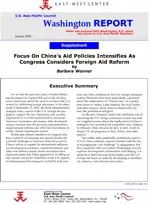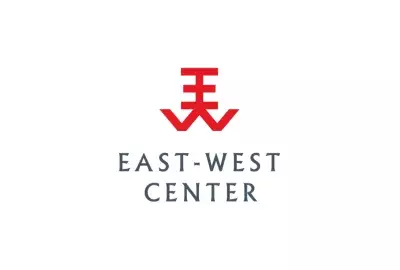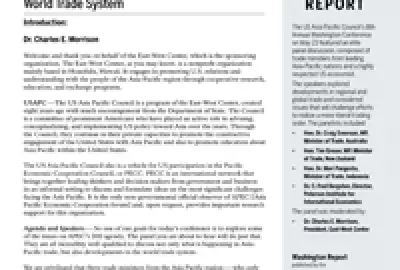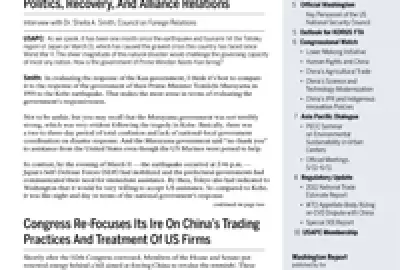Error message

|
For at least the past two years, a heated debate has developed on Capitol Hill and in the development community about the need to overhaul the U.S. system for delivering foreign assistance. In the aftermath of September 11, 2001, the Bush administration changed many aspects of the U.S. foreign aid program to support the new diplomatic and security imperatives of a world transformed by terrorism. However, lawmakers and experts alike developed serious concerns that the previous administration's organizational reforms and other aid innovations, in reality, risked crippling the system. Within this context, Members of Congress also have explored via hearings and special studies the potential challenge to American interests posed by China's efforts to expand its international influence via development assistance, capital investment, and other non-military means. Some lawmakers have expressed alarm that China appeared to be filling an aid vacuum caused by reductions in the U.S. Agency for International Development's (USAID) field presence and other problems in the U.S. foreign assistance system. Members have been particularly concerned about the implications of "China's rise" as a prominent donor in Africa, Latin America, the Asia Pacific, and other regions where America historically has been the preeminent aid-giver. As the new Congress tackles the ambitious task of reforming the U.S. foreign assistance system, lawmakers' nagging worries about the implications of China's emergence as a potential aid competitor may continue to influence these discussions and, in turn, could reshape U.S. aid programs in Asia, Africa, and other regions. Not unlike other potentially problematic aspects of U.S.-China relations, experts maintain that the key to managing the "aid challenge" is engagement. But they emphasize that even before Washington actively explores development collaboration with Beijing, it is imperative that American policymakers put the U.S. foreign aid house in order by developing a coordinated, cohesive, and coherent aid system. |
|
For at least the past two years, a heated debate has developed on Capitol Hill and in the development community about the need to overhaul the U.S. system for delivering foreign assistance. In the aftermath of September 11, 2001, the Bush administration changed many aspects of the U.S. foreign aid program to support the new diplomatic and security imperatives of a world transformed by terrorism. However, lawmakers and experts alike developed serious concerns that the previous administration's organizational reforms and other aid innovations, in reality, risked crippling the system. Within this context, Members of Congress also have explored via hearings and special studies the potential challenge to American interests posed by China's efforts to expand its international influence via development assistance, capital investment, and other non-military means. Some lawmakers have expressed alarm that China appeared to be filling an aid vacuum caused by reductions in the U.S. Agency for International Development's (USAID) field presence and other problems in the U.S. foreign assistance system. Members have been particularly concerned about the implications of "China's rise" as a prominent donor in Africa, Latin America, the Asia Pacific, and other regions where America historically has been the preeminent aid-giver. As the new Congress tackles the ambitious task of reforming the U.S. foreign assistance system, lawmakers' nagging worries about the implications of China's emergence as a potential aid competitor may continue to influence these discussions and, in turn, could reshape U.S. aid programs in Asia, Africa, and other regions. Not unlike other potentially problematic aspects of U.S.-China relations, experts maintain that the key to managing the "aid challenge" is engagement. But they emphasize that even before Washington actively explores development collaboration with Beijing, it is imperative that American policymakers put the U.S. foreign aid house in order by developing a coordinated, cohesive, and coherent aid system. |







